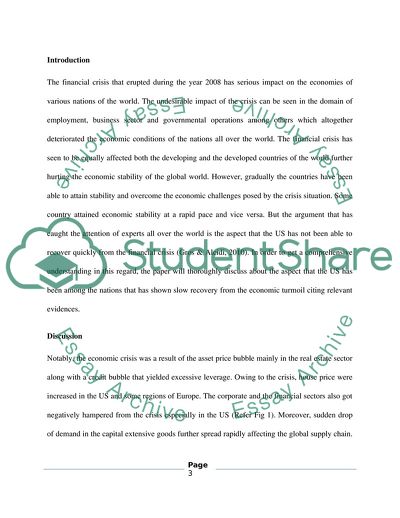Cite this document
(US (DIDNT) recover quickly from the financial crises Term Paper, n.d.)
US (DIDNT) recover quickly from the financial crises Term Paper. https://studentshare.org/finance-accounting/1826822-us-didnt-recover-quickly-from-the-financial-crises
US (DIDNT) recover quickly from the financial crises Term Paper. https://studentshare.org/finance-accounting/1826822-us-didnt-recover-quickly-from-the-financial-crises
(US (DIDNT) Recover Quickly from the Financial Crises Term Paper)
US (DIDNT) Recover Quickly from the Financial Crises Term Paper. https://studentshare.org/finance-accounting/1826822-us-didnt-recover-quickly-from-the-financial-crises.
US (DIDNT) Recover Quickly from the Financial Crises Term Paper. https://studentshare.org/finance-accounting/1826822-us-didnt-recover-quickly-from-the-financial-crises.
“US (DIDNT) Recover Quickly from the Financial Crises Term Paper”. https://studentshare.org/finance-accounting/1826822-us-didnt-recover-quickly-from-the-financial-crises.


